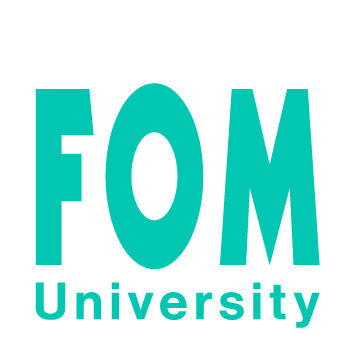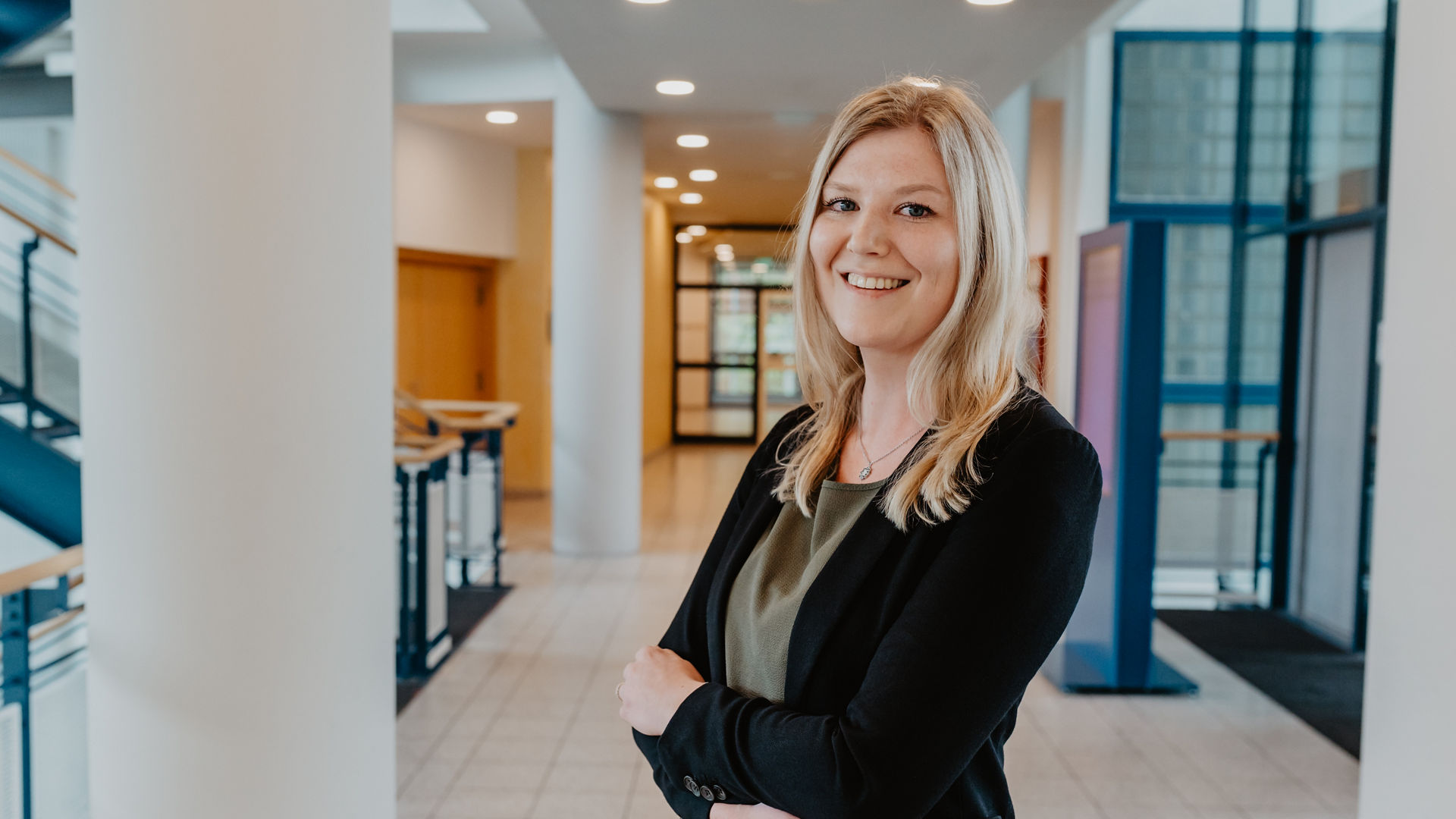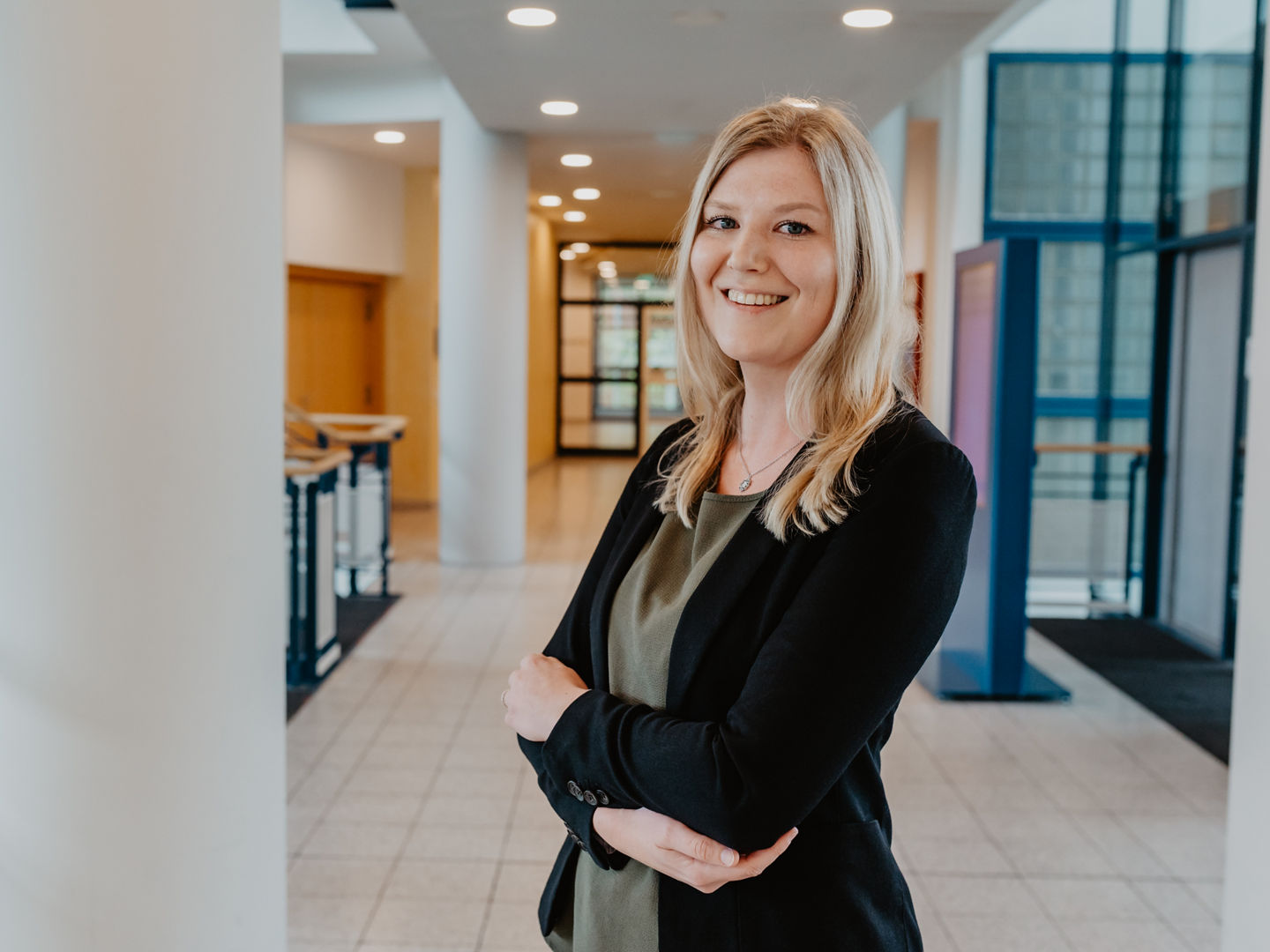Unfortunately no results for your search
Oh no, somethings seems to have the broke the search results. Please try rephrasing your search term!
Studying and living in Germany
What you should consider before and during your study
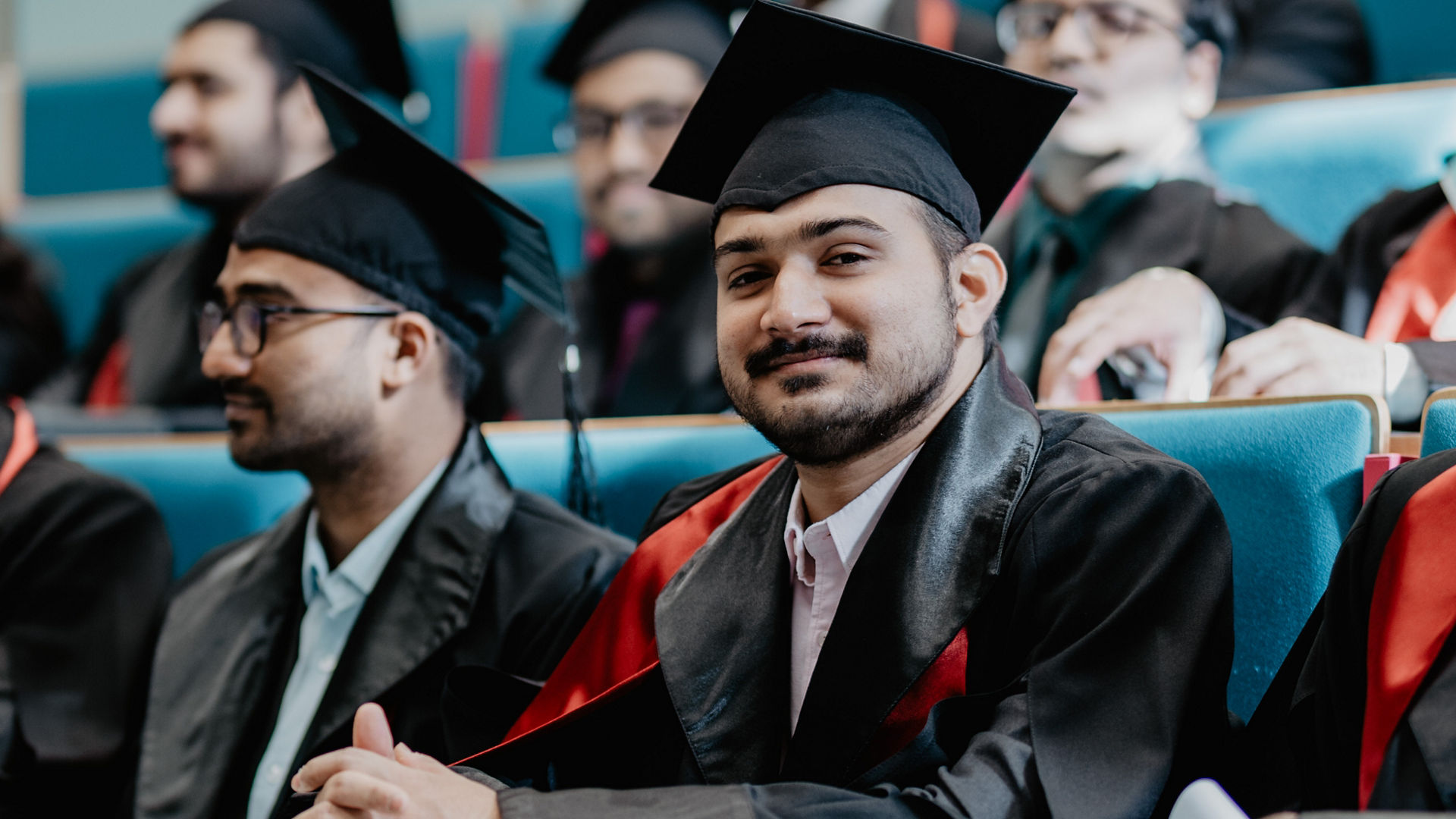
Comprehensive support
Useful information for your stay in Germany
Studying in Germany gives you valuable international experience for life. You will learn to view the world from a different perspective and adopt intercultural skills. At the same time, this comes with challenges. We provide you with all important information and useful tips that will help you to plan your studies and to prepare yourself for your stay in Germany in the best possible way.
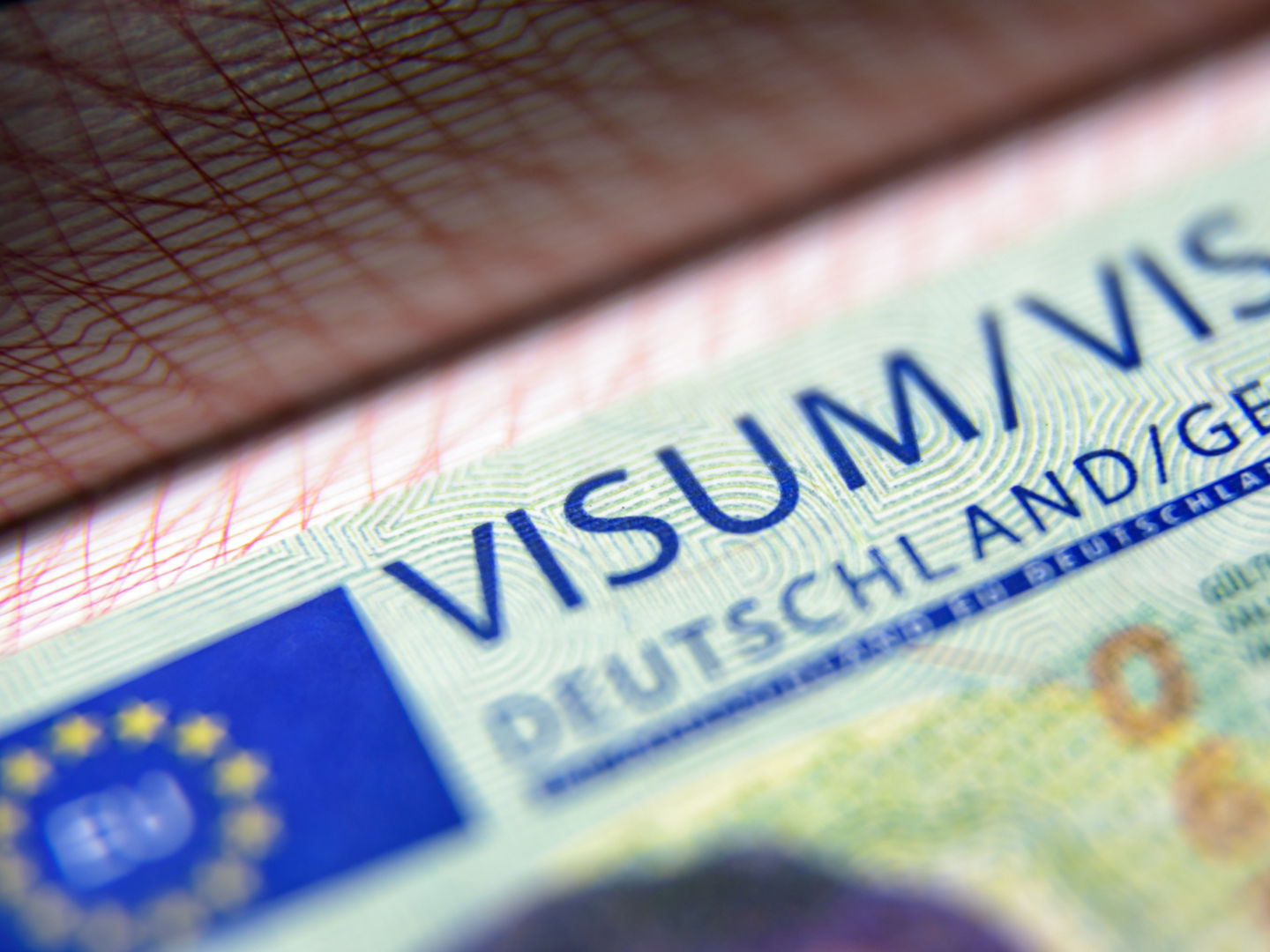
Residence permit
Visa for entering Germany
If you come from a country that is neither within the EU nor the European Economic Area (EEA), you will usually need a visa. You should apply for one as early as possible, as the approval process can take several months. You can find out which documents you will require for your visa at the German embassy or consulate in your home country. A list of all German representations abroad can be found at the Federal Foreign Office. Indian students need an APS certificate before they can apply for a visa.
If you have questions about the procedure, our International Office will be happy to help you.

Proof of financial resources
Opening a blocked account
In order to obtain a student visa for Germany you need to proof sufficient financial resources. The most common way to proof the financial resources is with a blocked account. Before you enter Germany, you must pay the amount of 11.904 Euro into a bank account registered in Germany. This money will be frozen and you will only be able to withdraw 992 Euro per month for your daily expenses after your arrival in Germany.

Your accommodation in Germany
Finding a place to live
Anyone coming to Germany to study should look for accommodation in time. In addition to internet portals, personal contacts are often helpful: We provide contacts with current students as well as FOM alumni who are already in the area and may have an available room in a shared flat. Our International Office will help you with any questions about finding the right accommodation. The support provided also extends to checking rental contracts before you sign them.
After arriving in Germany, you must report to the local foreigners’ registration office and provide them with your address. You can generally make an appointment in advance. If you are studying in Essen, our International Office will arrange an appointment for you.
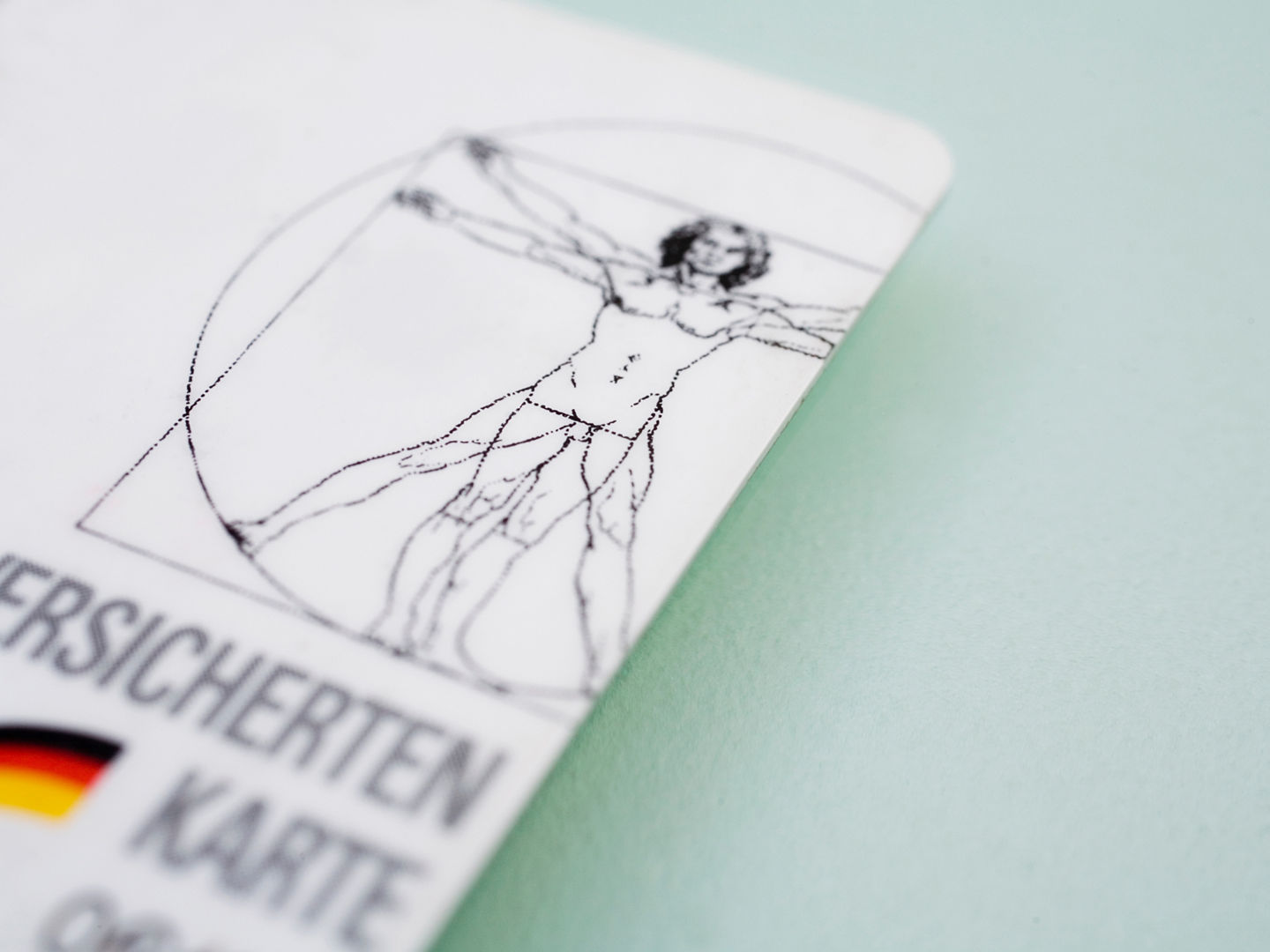
Safeguarding your health
Health insurance
You will need valid health insurance while studying in Germany. We recommend the statutory health insurance, as it covers inpatient and outpatient treatment – also if you are hoping to do part-time work in Germany. We will be happy to give you a list of insurance providers. At the start of your programme, you will have to decide which health insurer you would like to register with. This health insurance will then be valid for your whole period of study.
More things you should know
Living in Germany
Learning German is very important, as official information and bills are typically in German. Language skills are also of central importance for a professional career in Germany. It's best to build basic knowledge before arriving, using online resources and apps to help you get started.

Living costs in Germany are moderate compared to other European countries. Students get reduced prices at theatres, museums, cinemas, and more by showing their student ID.

As a foreign student, you can have a part-time job while studying. You are allowed to work up to 140 full days or 280 half days per year without needing a work permit.

Germany's extensive public transportation system includes buses, trams, trains, and subways, making travel easy. Most cities offer discounted semester tickets for students, allowing unlimited access to local networks.

In Germany, waste separation is very important, and household trash is sorted into categories like paper, plastic, organic waste, and glass. It's essential to follow local guidelines for recycling to avoid fines.

Public holidays and semester breaks provide students with opportunities to travel, relax, or catch up on studies.

In Germany, all households must pay a monthly broadcasting fee (Rundfunkbeitrag) for public media services. You may need to register and pay this fee.

There are clubs for almost every interest, from sports and music to culture, education, and social or political involvement. Clubs provide a great opportunity to make contacts, learn about German culture, and integrate.

